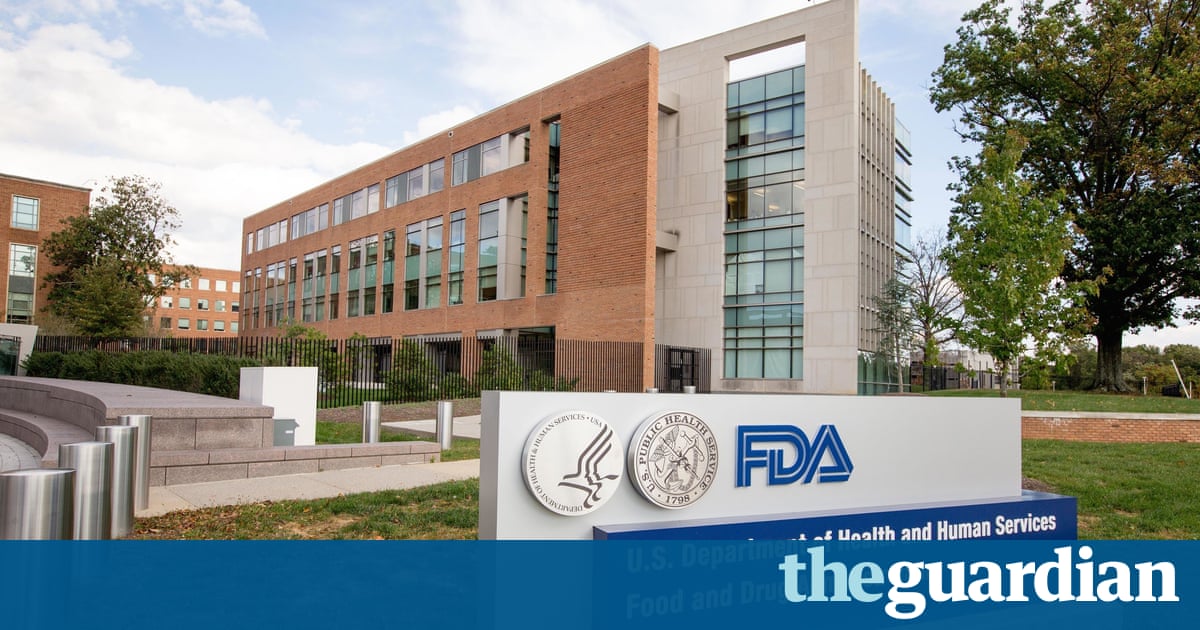Analysis of more than 200 studies conducted since 1950 finds no validity to drug industrys portrayal of testosterone as akin to a miracle drug for ageing men

A little more than a year ago, the Food and Drug Administration put the brakes on a massive push by drugmakers to market testosterone treatments to the average middle-aged man. A multimillion-dollar ad campaign had portrayed the drug as having extraordinary power to combat symptoms of ageing. But the FDA had become concerned about the potential for testosterone to increase heart risks.
The benefits and safety of testosterone treatments, the agency said in the order that ground the marketing campaign to a halt, have not been established.
Now, a group of researchers have announced that they have established the benefits: none.
The prescription of testosterone supplementation for low-T for cardiovascular health, sexual function, physical function, mood, or cognitive function is without support from randomized clinical trials, reads a new study, which was published on Wednesday in the open-access journal Plos One.
The study is an analysis of more than 200 others conducted since 1950 which compared testosterone with a placebo. And it is a sharp rebuke to an industry which spent years portraying testosterone as akin to a miracle drug for men feeling the ordinary effects of ageing.
We dont need to do further trials, said Adriane Fugh-Berman, a professor at the Georgetown University Medical Center and one of the studys authors. Fugh-Berman is also the director of PharmedOut, a Georgetown research group that scrutinizes drugs it suspects are over-diagnosed, often putting it at odds with the pharmaceutical industry, and she briefly acted as an expert witness in testosterone litigation. The evidence is very clear that testosterone does not help mens health. And the real risks of testosterone outweigh the illusory benefits.
The study is likely to deal a further blow to sales for testosterone supplements, which just three years ago topped $2bn annually. Driving those sales was a big ad campaign: from 2012 to 2013, the drugmakers AbbVie and Eli Lilly spent more than a quarter-billion dollars extolling testosterone treatments for men with a waning libido or low energy.
Critics saw an effort to put the drug in as many hands as possible with little supporting evidence. A popular test to identify men with low-testosterone or low-T which Fugh-Berman at the time criticized as a test that everyone will fail asked men if they found themselves feeling grumpy and becoming tired after dinner. Doctors gave out 2.3 million prescriptions for testosterone in 2013 alone, the FDA found up 75% from 2010.
But amid the boom, some experts raised concerns that benefits of testosterone were unproven for men experiencing the normal effects of ageing. Moreover, there was evidence that testosterone treatments posed a risk to cardiovascular health.
In late 2014, the FDAs advisory panel urged the agency to revise testosterone drugs labeling. The FDA followed though in March 2015. Eli Lilly and AbbVie had already slashed their ad spending by nearly 40% and seen a 10% drop in sales of the drugs. Now, the FDA had effectively barred them from targeting any more ads at otherwise healthy men who were simply getting old.
But the FDA only regulates the marketing of a drug. Doctors may continue to prescribe testosterone to ageing men off-label if they feel the treatments would be beneficial.
So the researchers Samantha Huo of Tulane University, Fugh-Berman and a team from Georgetown, and researchers from the University of South Florida, the University of IllinoisChicago, and toxicology consulting group set out to determine what the FDA hadnt: what were the benefits, if any, of regular testosterone supplements?
The researchers deliberately included in their review many low-quality studies that found a benefit from testosterone treatments, Fugh-Berman said. We wanted to give it the best possible chance of coming out with positive effects, and it didnt.
Still, some of the areas where testosterone was found to have no impact were surprising. In bodybuilders, which the study excluded because they take testosterone in very high doses, testosterone is shown to enhance muscle mass and strength. So researchers were puzzled when their findings included no evidence that testosterone increased strength for men diagnosed with low-T, even though it increased their muscle mass.
Another surprise came when researchers concluded the drug had no effect on sexual function. Everybody assumed it was helpful for erectile dysfunction, and we were surprised to find out it just isnt, said Fugh-Berman. There wasnt good evidence for this.
The study published on Wednesday did not include the small subset of men whose bodies do not produce any testosterone. In these individuals, who may have been born without or suffered damage to their testicles, testosterone treatment can be necessary to prevent bone loss. The study also excluded trans men, who take testosterone in high doses to help their bodies become more masculine.
So why doesnt testosterone treatment work?
One big reason may be that there are no agreed-upon parameters for what counts as normal and low testosterone for different age ranges. While levels tend to wane as men grow older, said Fugh-Berman, theres a broad range for normal at every age.
I think this question is settled, Fugh-Berman said. Theres no such thing as the fountain of youth.
Read more: https://www.theguardian.com/science/2016/sep/21/testosterone-treatments-men-no-benefits-study-fda








